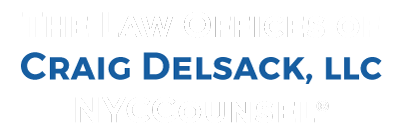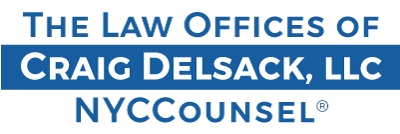PokerStars, Full Tilt Poker and Absolute Poker Seized by the FBI Pursuant to an Arrest Warrant
(September 20, 2011) UPDATE: Today, Manhattan U.S. Attorney Preet Bharara’s office asked U.S. District Judge Leonard Sand for permission to add the new allegations to a civil forfeiture case filed against Full Tilt, PokerStars, Absolute Poker and other businesses back in April. Prosecutors contend that Full Tilt Poker paid board members more than $440 million using funds belonging to its online poker players, whom Full Tilt told would be available to them for withdrawal at any time. Mr. Bharara said in statement, “Full Tilt insiders lined their own pockets with funds picked from the pockets of their most loyal customers while blithely lying to both players and public alike about the safety and security of the money deposited with the company.” According to Mr. Bharara’s office’s filing, Full Tilt payment processing system was so degraded that it was crediting website players with money never collected from their accounts. “Full Tilt Poker allowed players to gamble with, and lose to other players, this phantom money that Full Tilt Poker never actually collected or possessed,” according to the court filing.
(April 15, 2011) Today, online gambling sites PokerStars.com, Fulltiltpoker.com, Absolutepoker.com, Ultimatebet.com and ub.com were shut down by the FBI. The founders of these sites were charged with money laundering, bank fraud, and illegal gambling offenses as part of criminal scheme to bribe or trick banks to in order to garner billions of dollars in illegal gambling profits.
The companies laundered money taken in from U.S.-based gamblers disguised as payments to hundreds of dummy online merchants (claiming to sell items like jewelry and golf balls). Then the companies tricked banks into processing the illegal profits as payments for the goods.
The poker companies, once they suspected larger banks were on to their scheme, eventually convinced several small failing banks to process the payments in exchange for multi-million dollar investments in the banks (one such bank allegedly accepted a $10M investment). The principals involved face years in prison and $3 billion in civil money laundering penalties and forfeiture. The most serious charges, conspiracy to commit bank fraud and wire fraud, carries a maximum sentence of 30 years in prison and a $1 million fine.
It is illegal under the 2006 Unlawful Internet Gambling Act for gambling businesses to knowingly accept payments from U.S. players. Although these online poker site companies were located offshore, they nevertheless operated throughout the United States. Generally, under federal and state gaming laws, it is illegal to operate “games of chance” (like a lottery or card games) as opposed to a game of skill.
As internet lawyers, we get quite a number of calls asking what kinds of online games and contest are legal. Online gaming is illegal unless it is a game of skill. A 4-prong test called the dominant factor test is commonly used by the courts to determine whether an online game is a game of skill or a game of chance (games of chance are generally illegal):
- Players must have a distinct possibility of exercising skill and must have sufficient information upon which to calculate an informed judgment. The test is that without skill, it will be absolutely impossible to win the game.
- Players must have the opportunity to exercise the particular skill and the general class of players must possess the particular skill. If the game or contest is targeted for the general public, then the average person must have the particular skill (but not every person needs such skill).
- The standards of skill (i) must be known to the players and (ii) must govern the result; and the winners must be objectively (not subjectively) determined.
- Skill, and not chance, must control the final result, and cannot be a part of the larger scheme. If chance enters into any part of the game or contest and if chance proximately influences the final result, then the scheme is a lottery, which is generally illegal.

